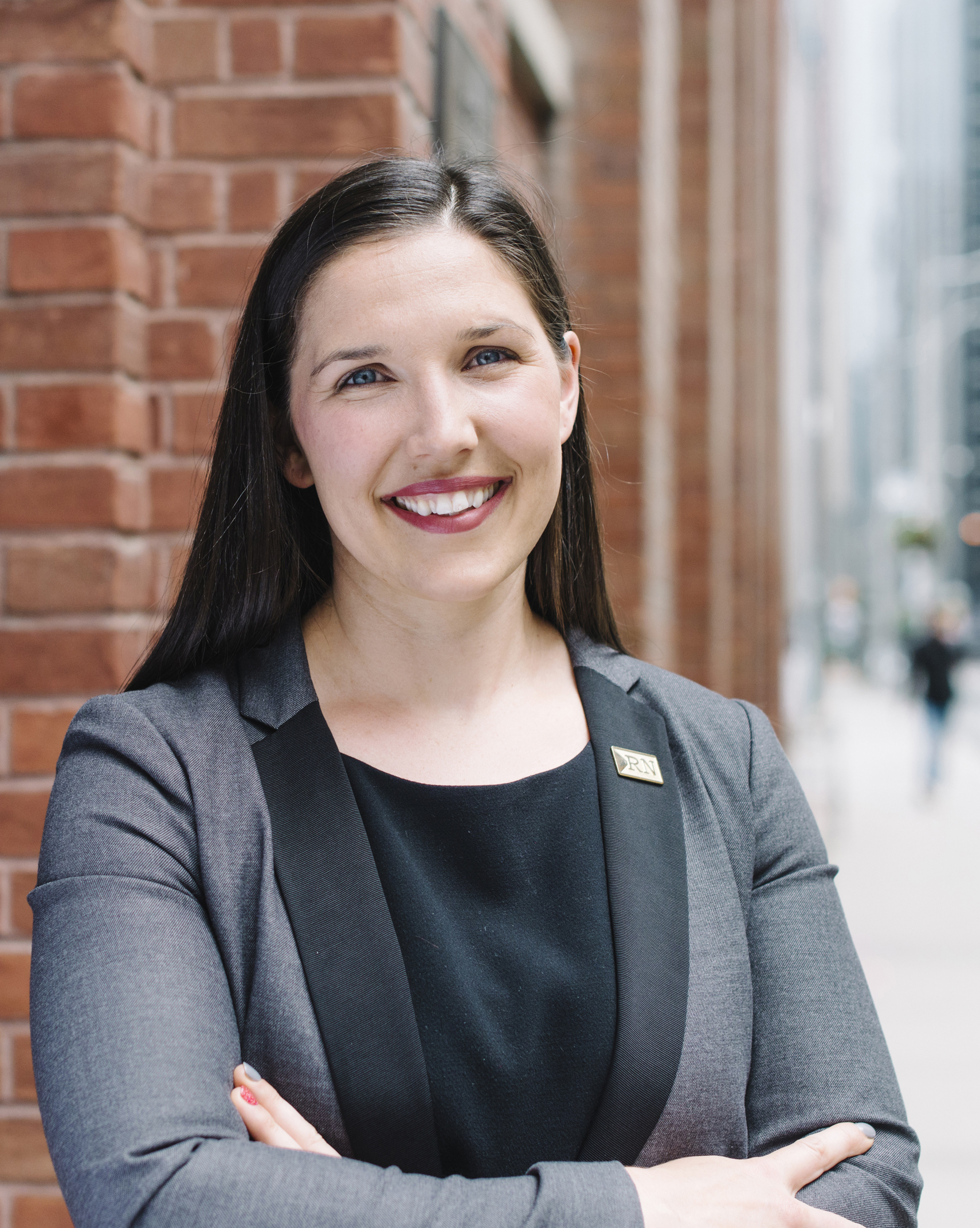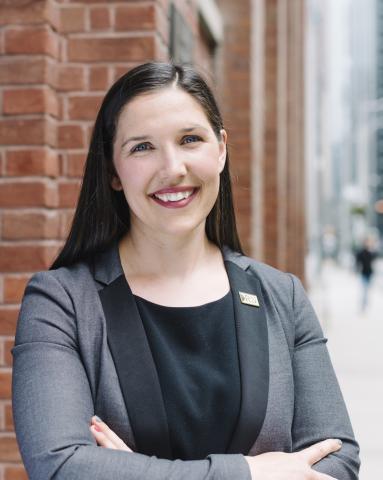In my first RNJ column, I spoke about how much I was looking forward to connecting with some of the over 46,000 members that make RNAO such a powerful collective. One of the joys about being part of an association is the ability to meet, network and learn from each other.
With COVID-19, those connections have been largely virtual over the past year and will be for some time. However, we are finding ways to connect and that is the theme of my column.
Under normal circumstances, RNAO’s Fall Tour would see CEO Doris Grinspun and I criss-crossing the province to meet with members in their own communities and workplaces. The global pandemic prevented us from making these in-person visits for the first time in the history of this event. Nevertheless, the tour went ahead and I was able to connect virtually from the comfort of my spare room with members from chapters, regions and interest groups on Zoom screens from their living rooms, dens and kitchens.
The tour had many highlights.
I joined a very engaged group of RNs, NPs and undergraduate nursing students from Windsor- Essex, Chatham-Kent, Peel and the Community Health Nurses' Initiatives Group in November. That kind of collaboration with members from different parts of the province and an interest group would not have been feasible with an in-person tour.
It was great to hear the highlights of these diverse groups and to have them come together to share. In addition to questions about the pandemic, members wanted to talk about the opioid crisis. This group kept me on my toes with very thoughtful questions about health-care funding as well as ways to increase social funding to ensure that Ontarians are receiving the support they need when they are in crisis.
Connecting with members is always energizing.
Another visit on the tour agenda featured members from chapters that make up Region 8, east of Toronto. This includes Durham Northumberland, Kawartha Victoria and Quinte. We had the opportunity to hear from a nurse who works in long-term care about her experience during the pandemic and the significant challenges that have been facing the sector for decades, which were magnified by COVID-19 – staffing and skill mix being just two examples. We also heard more about the role of school health nurses during COVID-19 and the important role they play in providing advice and information to schools in order to keep students and staff safe.
For the last stop on my virtual tour of the province, I met with members of Waterloo Chapter and many student members from the Conestoga McMaster collaborative program (where I am a proud graduate). We had an insightful discussion on the opioid crisis and how the pandemic has both overshadowed and exacerbated a public health crisis that has continued to take the lives of many in the Waterloo Region, not to mention, around the province. This is an area where RNAO has been at the forefront for a number of years and we have stepped up our advocacy given that the opioid crisis has struck Ontario hard and gotten much worse. We outlined the importance of dealing with this issue in our fall pre-budget submission, which included calling for a commitment to approve and fund consumption and treatment services (CTS) sites in communities where there is a need and where organizations are able and willing to create the sites.
Although it was different this year, the Fall Tour continues to be an important way for RNAO’s CEO and president to meet and interact with members. You provide an important check-in and pulse on issues and areas of concern in your region that affect your practice and the health system at large.
Connecting with members is always energizing. Doris and I are grateful for our discussions. Please know that you can count on your professional association to help raise your voice on important issues. I want to thank fellow chapter and interest group hosts for the work that went into planning these virtual events.
I would be remiss if I didn’t touch on the COVID-19 pandemic, which continues to plague our province, Canada and countries around the world. I know that it has been difficult for many people and that we are all very, very tired. The pandemic has shone a light on some of the shortfalls of our health-care system, including areas where RNAO has been advocating for change. We are being heard and collectively, we must use our powerful influence to continue speaking out for nursing and speaking out for health.


